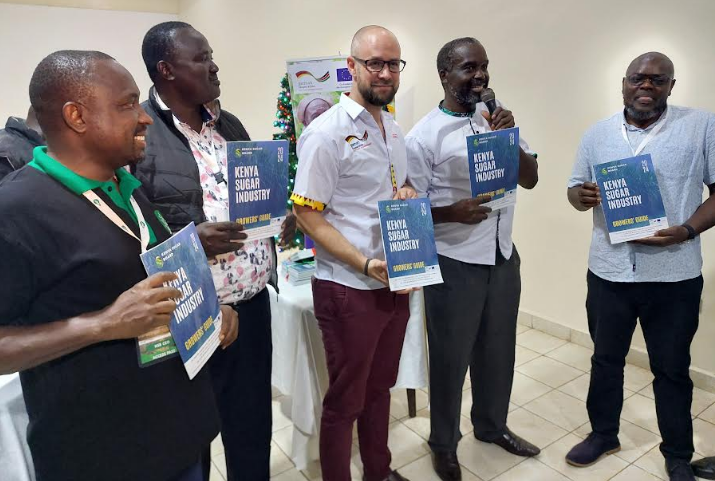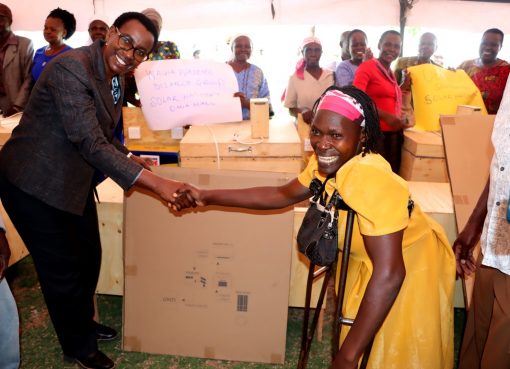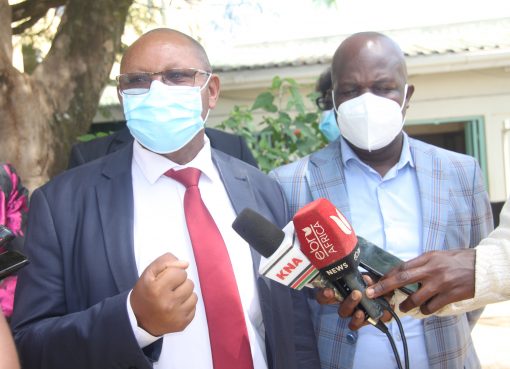The Kenya Sugar Board has launched a comprehensive guide to empower sugarcane farmers with best practices to enhance productivity and sustainability.
The document developed with support from GIZ and the Kenya Agriculture and Livestock Research Organisation (KALRO) provides practical solutions to common challenges while promoting modern farming techniques that ensure profitability and environmental sustainability.
GIZ Project Manager David Kersting said the Kenya Sugar Industry Grower’s Guide addresses every stage of the sugarcane farming cycle, from land preparation and planting to harvesting and post-harvest handling.
The guide, he added, incorporates modern agricultural research findings tailored to Kenya’s diverse agro-ecological zones to ensure that farmers maximise yields while preventing soil degradation.
Kersting said the initiative aims to develop a robust and sustainable sugar sector in the country based on agroecological principles.
Kenya Sugar Board Chairman Nicholas Gumbo said the initiative was part of a wider approach by the board to revive the sector, which has been dogged by a myriad of challenges.
Speaking during the launch of the document in Kisumu on Wednesday, Gumbo said through the guide, the board targets to reduce the cost of cane development to guarantee farmers maximum benefits.
This, he added, was set to double yields per hectare to ensure that the country produces enough sugar to satisfy the local market and for export.
Other interventions, he said, include sugarcane value chain development to ensure that farmers and millers reap maximum benefits.
“We want our farmers to stop looking at the crop as just a source of sugar but also to explore other products along the value chain,” he said.
The board, he added, was exploring the production of biofuel, industrial alcohol, spirits, briquettes, and paper from sugarcane by-products.
“The potential of this sector is huge. We are just scratching the surface. We now want to train farmers on the production of briquettes from bagasse. That way we shall be able to build a climate-resilient economy,” he said.
The returns from the diversification, he added, will see the cost of cane production slashed and eventually the cost of sugar in the country coming down.
The enactment of the Sugar Bill 2022, which saw the return of the Kenya Sugar Board, he said, was a big milestone for the sector.
He said the board was on course to enact measures to regulate the sector and strengthen production, milling efficiency, cane development, and value addition and provide funding to pull the sector out of the doldrums.
KSB Acting Chief Executive Officer Jude Cheserem said the board was keen on championing various innovations to help drive the sector to the next level.
“We are keen on the various innovations and solutions showcased by the youth during the sugar symposium to help us support our farmers,” he said.
Among the innovations, he said, was the use of drone technology to aid in the sugar census for effective planning of the sector.
The census, which is carried out manually, he said, was a tedious exercise, adding that the drone technology, which is being piloted, will be a game changer in the planning and management of the crop.
He encouraged millers to adopt new technology to enhance their efficiency and come up with new products along the value chain.
By Chris Mahandara




